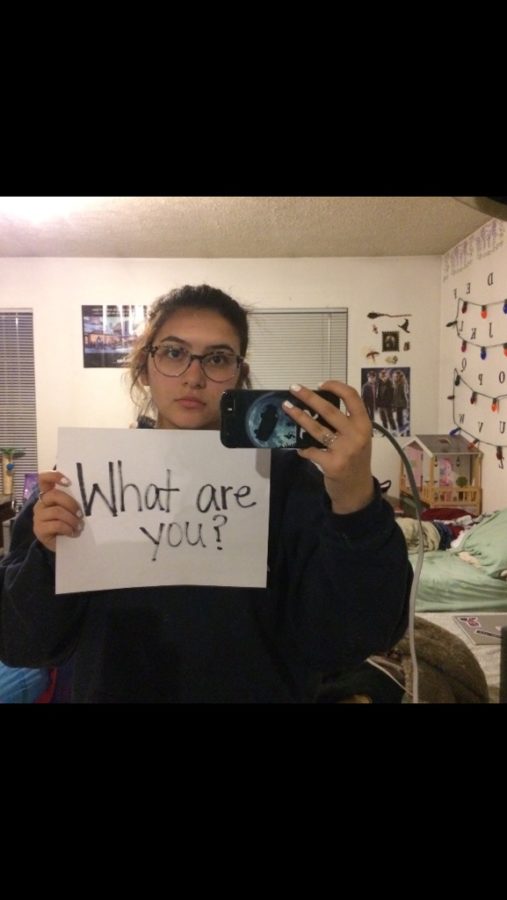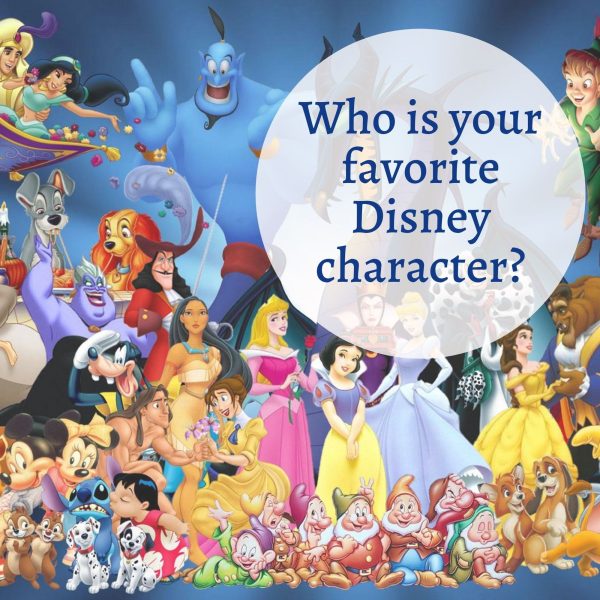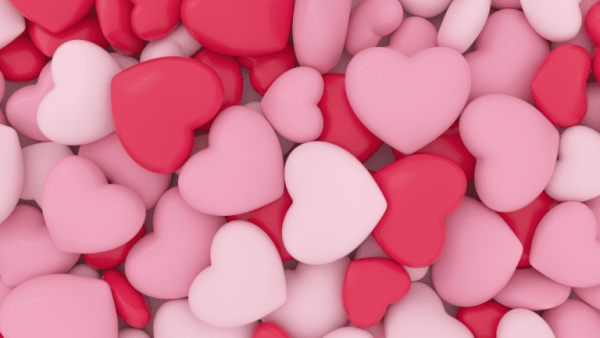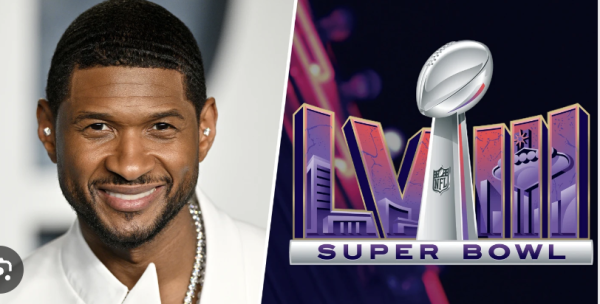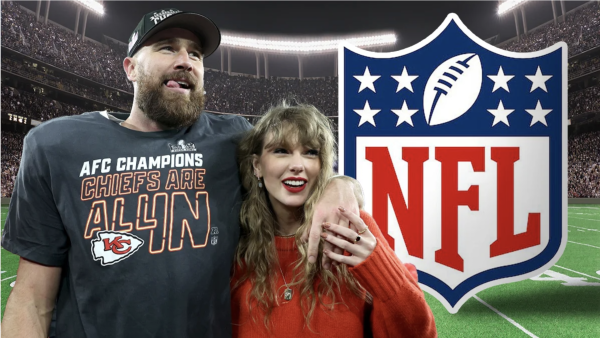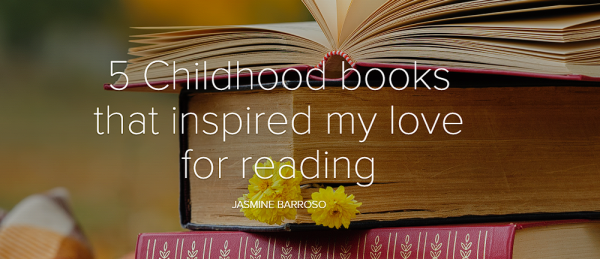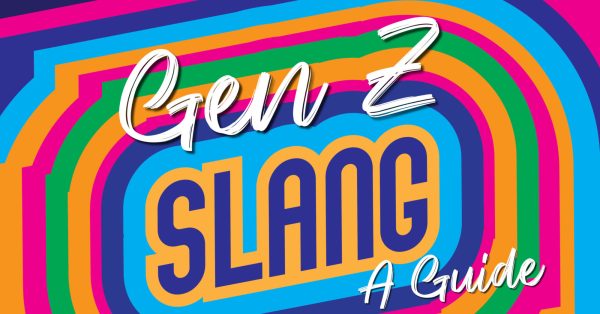Microaggressions belittle and discriminate
What exactly is microaggression? According to Psychology Today, microaggressions are “the everyday verbal, nonverbal, and environmental slights, snubs, or insults, whether intentional or unintentional, which communicate hostile, derogatory, or negative messages to target persons, based solely upon their marginalized group membership.”
In other words, Microaggressions are the little comments or actions that do not seem offensive, but actually are. An example of a microaggressive comment would be saying “that is so gay” when referring to something bad or negative. A comment like that insinuates that being gay is something negative or undesirable.
Microaggressive comments can actually have long lasting effects on people. Because microaggressions can be so subtle, perpetrators may not even realize how harmful they can be. Journalist Simba Runyowa writes about microaggression and how it has affected her personally. Referring to a personal incident, she states “the impact of her words and actions mattered more than her intent. It is all too easy to hurt and insult others without exercising vigilance in interacting with those whose lived experiences are different than our own.” Microaggressions can also spike anxiety, anger, and stress in those that are affected by it the most.
Microaggression largely affects minorities, which include racial minorities, LGBT+ persons, religious minorities, and so on. A writer for Sp!ke declared “the idea of microaggression encourages people to see everyday comments or behaviour as abusive or discriminatory. And as such, it encourages a socially corrosive form of victimhood. This is bad.”
But is this actually the case? While it may seem that people are being too sensitive, as a society we need to realize that those most affected by microaggression face it almost daily, and actions should be taken to diminish the amount of microaggressions people face. The best step to take is to simply be more aware and mindful of one’s words and actions. No one is perfect, and microaggression is so hidden that most people don’t even notice it.
Microaggressions, according to Runyowa, “point out cultural difference in ways that put the recipient’s non-conformity into sharp relief, often causing anxiety and crises of belonging on the part of minorities.”
Think about comments or actions that may put other people’s differences on blast, like touching an African American’s hair and saying, “Wow I love your braids, wish I could rock that kind of look.” While this statement may look like a compliment, you’re simply putting a spotlight on the person’s cultural difference. A simple statement like “I love your hair” will do.
Microaggression has been so embedded into daily conversations that it’s becoming a societal norm. Microaggression is everywhere, as a student, I see it all too often in school.
Measures need to be taken, because microaggression is not something to dismiss. It can and has had long lasting effects.

